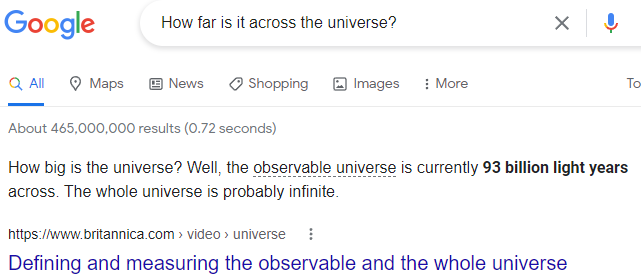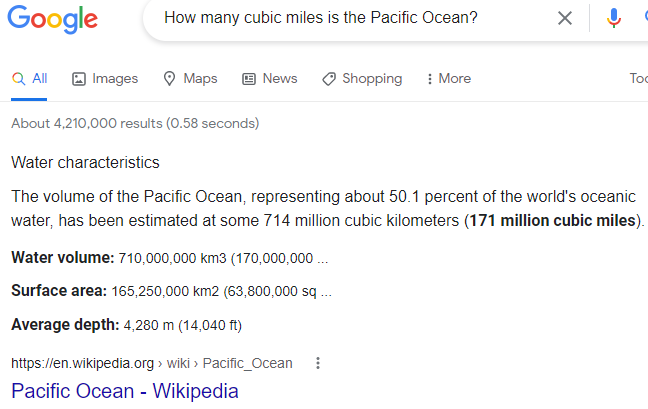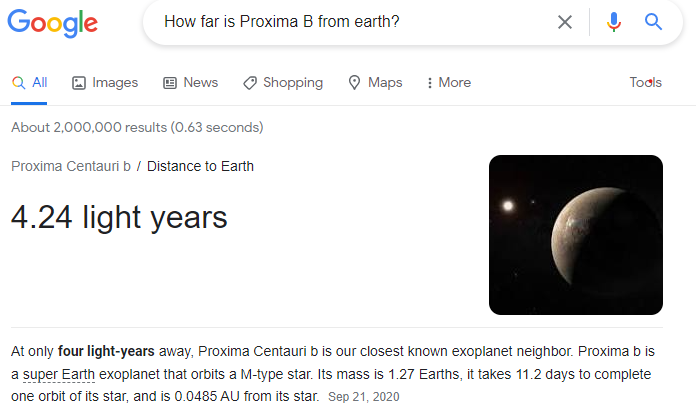Exploring the Intersection of Science and the Concept of God
Written on
Understanding God’s Incorporeality and the Limits of Physics
Recently, I came across a YouTube video featuring philosopher Daniel Dennett asserting that religion has become scientifically unfalsifiable. Although I can't locate that specific video now, Christopher Hitchens has addressed this topic:
In this video, Hitchens engages in a debate with Dinesh D’Souza at Notre Dame, making a compelling argument about the unfalsifiability of religion. He points out that even if Socrates were proven to be a fictional character, the moral principles associated with him would still hold. Conversely, if it were demonstrated that Jesus never existed, his followers would face a profound crisis.
While I appreciate the insights from thinkers like the Four Horsemen—Richard Dawkins, Daniel Dennett, Christopher Hitchens, and Sam Harris—I must contest the idea that God is unfalsifiable. In fact, I believe God is indeed falsifiable. Let’s delve into this matter.
To claim God is incorporeal suggests that He lacks mass. For clarity, let’s define "incorporeal":

The term "no matter" translates to no mass and, consequently, no material existence. I previously wrote an article illustrating, using Einstein's equation, that a God without mass would possess no influence within our universe:
The God’s Power Equation and the Limitations of Prayer
Warning: There’s a slight mathematical component here that you can skim if necessary.
Next, we must consider how far God would need to travel to reach us and respond to our prayers.

The observable universe spans an inconceivably vast distance—approximately 93 billion light years. Some might confuse this with the 93 million miles from the Earth to the Sun, but they are fundamentally different.

Light takes about eight minutes to traverse the distance from the Sun to Earth. While it may feel instantaneous when you turn on a light switch, it still requires time—albeit brief. However, to comprehend the scale of the universe, we must recognize the enormity of the 93 billion light years that light travels.
Some religious individuals might argue that God doesn’t need to travel such distances because He is omnipresent, suggesting He exists everywhere simultaneously. But consider the implications: if God occupies the observable universe, how immense is His presence?

To illustrate, I consulted Google about the Pacific Ocean’s volume in cubic miles, noting that it is crucial to understand the scale we are discussing.

Assuming the observable universe resembles a sphere with a radius of 46.5 billion light years, we can calculate its volume:
V = (4/3) x π x r³ = (4/3) x 3.141593 x (46.5 x 10² light years)³
= 4.2 x 10³² cubic light years
To convert cubic light years to cubic miles, I found that:
1 light year = 5.879 x 10¹² miles
Now, we can finalize the computation:
4.2 x 10³² cubic light years x (5.879 x 10¹² miles / 1 light year)³
= 8.56 x 10?? cubic miles
Now, how many Pacific Oceans could fit into this volume?
(8.56 x 10?? cubic miles) / (171 million cubic miles) = 5 x 10² Pacific Oceans
That’s an astonishing 500,000,000,000,000,000,000,000,000,000,000,000,000,000,000,000,000,000,000 Pacific Oceans!
Is there a name for this enormous number? Indeed, there is:

Thus, the claim that God is omnipresent leads us to conclude that He would occupy an unfathomable size—equivalent to five hundred novemdecillion Pacific Oceans. The notion of God being larger than clouds is scientifically untenable, as satellites can observe the entirety of Earth without any divine obstruction.
This leads to the question: if religion asserts that God is omnipresent, how can we reconcile this with the vastness of the universe? To traverse even the observable universe, God would need to exceed the speed of light, which contradicts our understanding of physics.

Thus, it is logically inconsistent to claim that God is both omnipresent and outside of space and time. One cannot hold both assertions simultaneously without contradiction. If we accept that God exists outside space and time, it follows that any interaction with our universe would confine Him to the laws that govern it, such as the speed of light, thus limiting His capacity to respond to prayers or occupy space.
Thank you for engaging with my thoughts on this topic. If you found this discussion valuable, I invite you to support TEAM—The Enlightened Atheist Movement:
The Enlightened Atheist Movement, organized by Tony Berard
Hi, I'm Tony Berard, and I'm initiating a new movement for atheism grounded in science and knowledge...
www.gofundme.com
Chapter 2: Video Insights on Science and God
The first video, Space, Time, and How New Scientific Discoveries Prove the Presence of God (Plus Q&A), explores the relationship between scientific advancements and the divine concept.
The second video, Frank Wilczek - What Can Science Say About God?, delves into the scientific perspective on the existence of God.